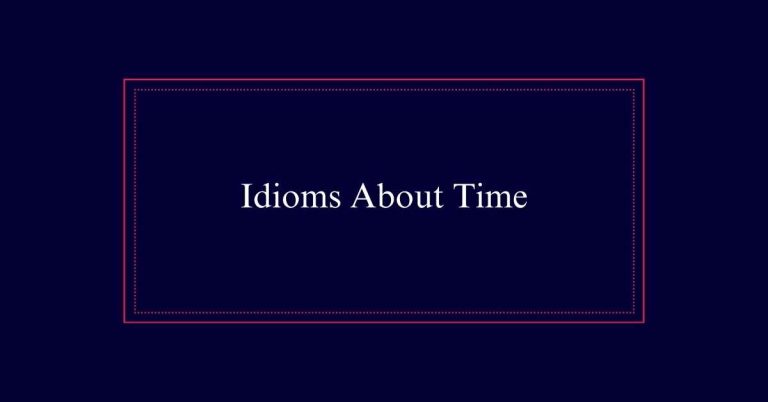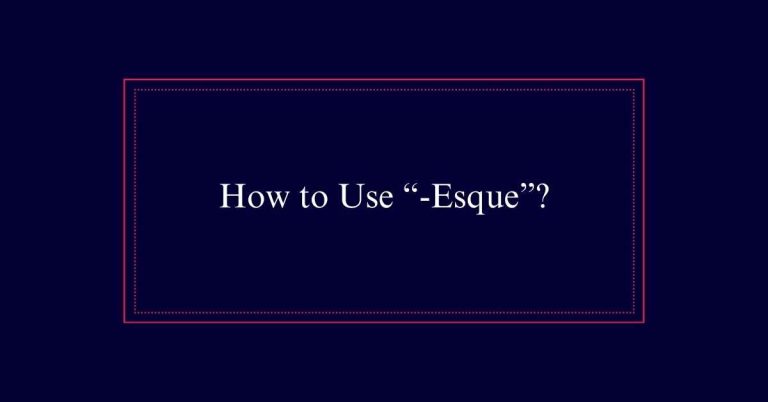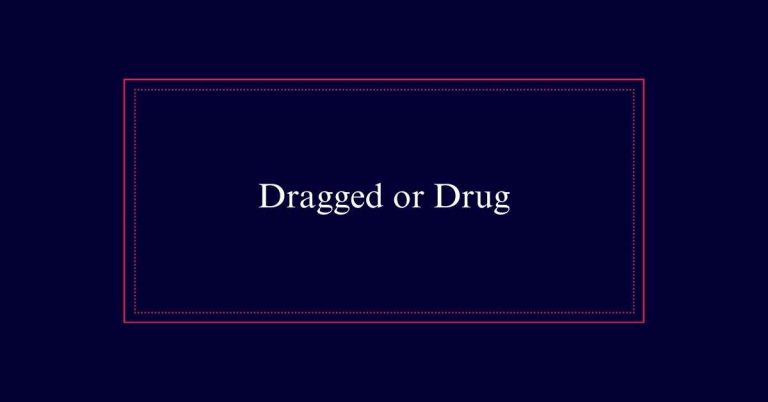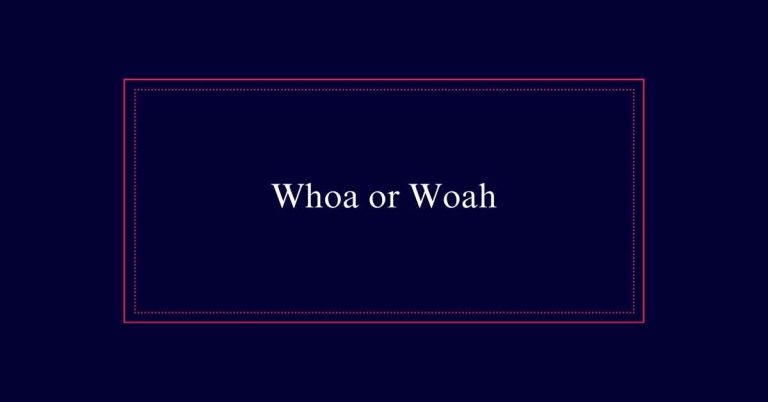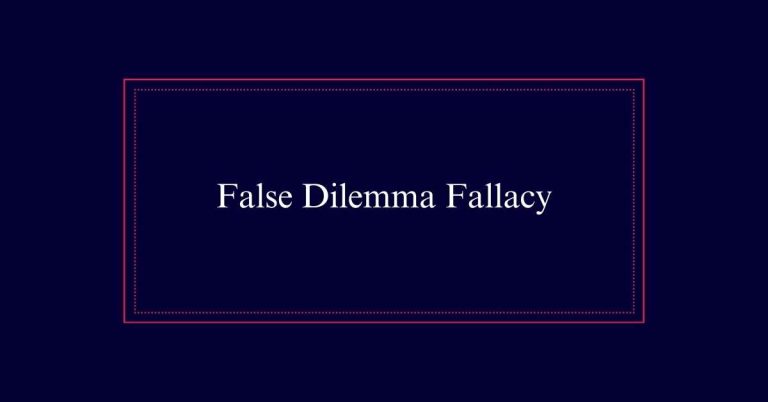What Is Verbiage?
Verbiage refers to the use of more words than necessary, often making communication unclear or ineffective. The term originated from Middle French and is closely linked to ‘wordiness’ and ‘prolixity.’ In negative contexts, verbiage can obscure the main point, while in neutral cases, it simply describes a style of language. Misuse, especially in professional settings, can lead to misunderstandings. For instance, legal documents and corporate emails can suffer from excessive verbiage, complicating their interpretation.
Definition and Origins
The term ‘verbiage’ is a noun derived from the Middle French word, and it signifies an unnecessary abundance of words. It is closely related to terms like ‘wordiness’ and ‘prolixity.’ Verbiage often implies a level of verbosity that is excessive and possibly redundant.
The origin of ‘verbage,’ a rare alternate spelling, is less clear. Some suggest it may result from blending ‘verbiage’ with ‘garbage.’ Though both words exist, ‘verbiage’ is more widely accepted. Understanding its roots helps in grasping its full meaning. It describes a communication style laden with superfluous words, which can obscure the intended message.
Knowing its origins is key to using the term correctly and effectively.
Usage and Connotations
When discussing ‘verbiage,’ one must consider its dual connotations, which can be either negative or neutral.
Negatively, verbiage implies the use of too many words, often obscuring the main point. This excessive wordiness can be seen as a hindrance to effective communication.
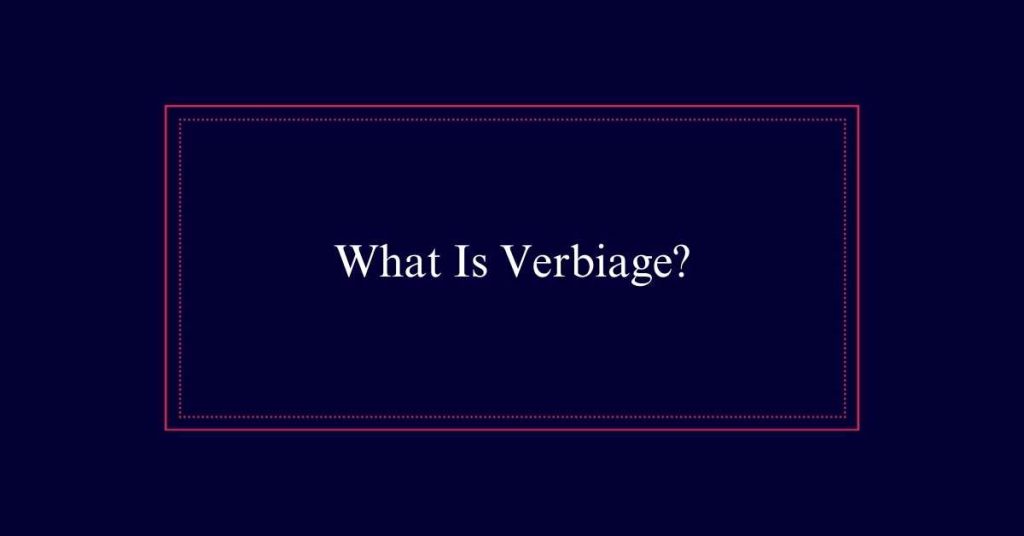
On the other hand, the term can also be vital, simply referring to the style or manner of writing and speaking, without any negative judgment. In some contexts, verbiage may be necessary to convey complex ideas or to adhere to formal writing styles.
Understanding these connotations is important for using the term appropriately. Misuse can lead to misunderstandings or even offense, especially in professional or academic settings.
Examples and Impact
Understanding the varied connotations of ‘verbiage’ sets the stage for exploring its real-world examples and impact on communication.
Verbiage can be seen in lengthy legal documents where unnecessary details obscure the main points. In corporate emails, overly verbose messages can dilute the intended message, leading to misunderstandings. Academic papers often suffer from excessive verbiage, making them difficult to read and understand.
The impact of such verbiage is significant. It can hinder effective communication, causing frustration and confusion. Conversely, in creative writing, controlled verbiage can enrich the narrative.
Therefore, recognizing and managing verbiage is essential. It promotes clarity, maintains the reader’s interest, and enhances overall communication effectiveness.

